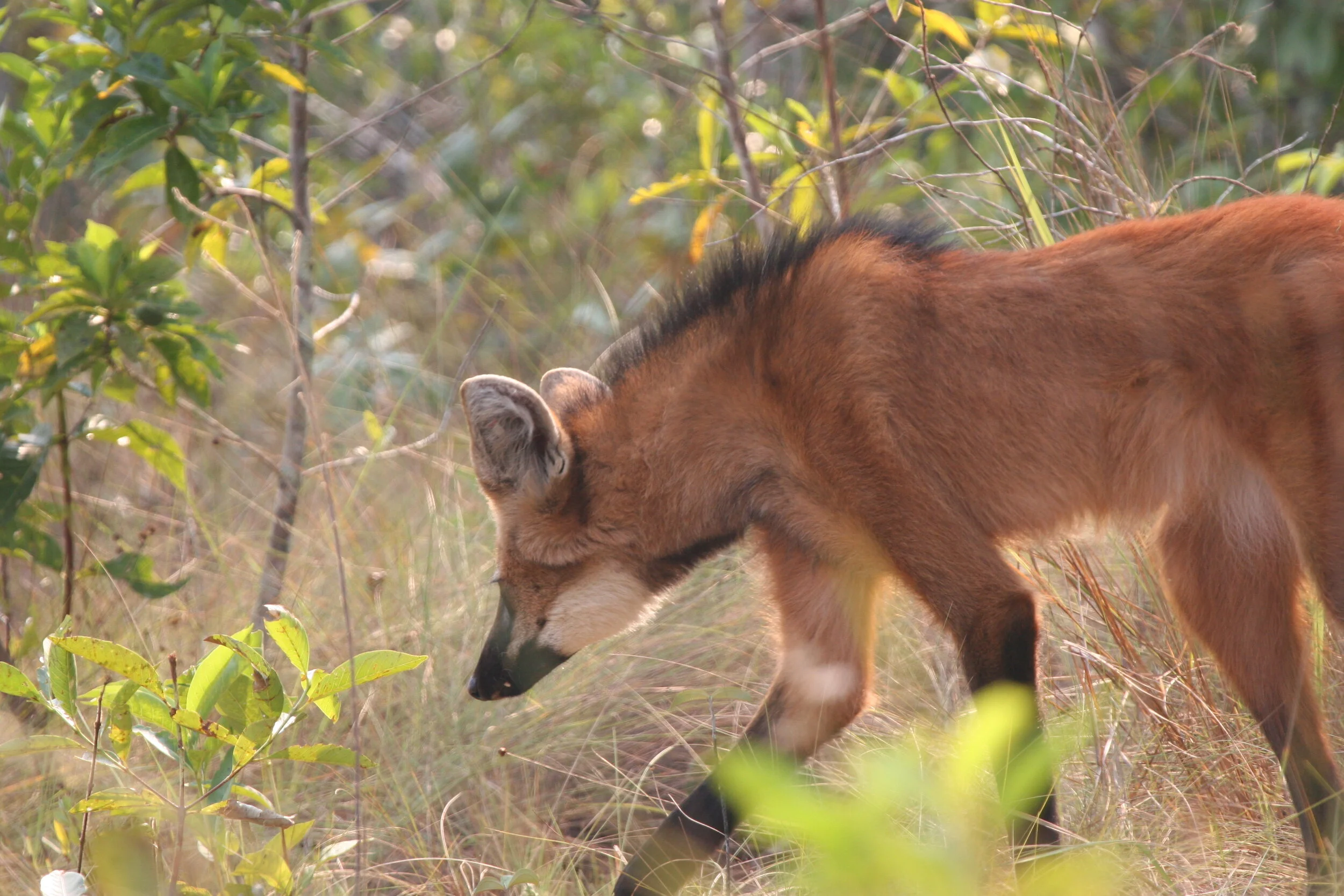What is the first thing that comes to mind when you hear the words zoo or aquarium? Does a favorite animal—lions, tiger-sharks, or bears—or a childhood memory pop up? Alternatively, maybe you are one of the thousands of people that works at a zoo or aquarium, and hearing these words reminds you of a task due tomorrow. Either way, did the words zoo or aquarium get you thinking of Conservation Medicine and One Health? If not, they should!
January is National One Health Month
January 2021 was National One Health Awareness Month. During the month we recognized the importance of a collaborative, interdisciplinary—One Health—approach for finding solutions to the public health, environmental, and conservation challenges of the 21st century. In this blog, I share the 31 daily social media posts from the month. Looking back at the time between January 2020 and January 2021 One Health Awareness Months, and thinking of the pandemic that separates the two, it should be even clearer that there is only One Health.
COVID-19 reminds us that One Health may be the key to preventing pandemics
If there is one single truth that 2020 has uncovered, it is that human health is dependent on animal health in both big and small ways. And, if we fail to accept this truth we do so at our own peril. (Okay that is two truths.) If we want to be sure that the current pandemic lifestyle does not become the new normal, we must change our relationships with other species. Period! We must make this change if we hope to solve the challenges of the 21st century, all of which have been evident in 2020—a year that has been so much more than just the year of a pandemic. A few of the many challenges we face today include emerging infectious diseases (EIDs) in humans, animals, and plants (think COVID-19 in humans, white nose syndrome in bats, and chestnut blight in trees), climate change and associated impacts (think of the Australian wildfires and over one billion animals dead as a result of the fires), plastic pollution and its impact on animals and humans and entire environments (remember the Pacific garbage patch?), to the loss of biodiversity and even civil unrest as we consciously or subconsciously realize the extent of these human created harms threatening our collective future.
Let’s create a “new normal” post-pandemic world
How does one begin to write about an event with no clear beginning? Who can say whether the pandemic’s first spark—index case in epidemiological parlance—was in December 2019 or January 2020 or some earlier date? We may never truly know the exact minute when the world’s first human was infected with the novel SARS-CoV-2 virus—the causative agent of COVID-19.
Since starting to shelter in place in mid-March, I have been thinking about what it is I really want to say about this public health crisis. There are so many moving parts and so many people adding to the conversation. I could write about the biology and epidemiology of an infectious disease and how we might #flattenthecurve or practice #socialdistancing, or about the politics of division, denial and, fear. I could write about the add-on costs of unemployment, school closures, slowing of travel and trade, and the cessation of inter-country collaborations and partnerships that if in place may have helped overcome our shared pandemic challenge. However, as an epidemiologist and someone who has spent a career asking the how, what, where, why, and who of disease events, I ended with two questions. How did we get here? Where do we go from here? Before exploring these questions, it makes sense to consider what we do know about COVID-19.
January 2020 was National One Health Awareness Month
January 2020 was designated as National One Health Awareness Month by a bipartisan resolution that recognizes the importance of a collaborative, interdisciplinary—One Health—approach so we might find solutions to the public health, environmental, and conservation challenges of the 21st century. In this blog, I have put my 31 daily social media posts for this month. It is my hope that in one long chain, we see the common threats, many taken straight out of current affairs, from climate change and mental health issues to pandemics preparedness and prevention. And, more importantly we see some of the amazing work being done globally to strive for healthy people, healthy animals, and healthy environments. I hope you enjoy learning about One Health.
Are Camels the New Cow of Kenya?
Are camels the new cow of Kenya? This is probably not high on the list of questions you ask yourself during the course of a day. However, I ask myself this one question all the time. If you stick with me, you may find it a question worth considering.
I first started seriously thinking about camels in 2012 when a colleague asked if I would work with her on a project with Dromedary camels in Kenya. I immediately answered yes. This response was despite the fact that back in 2012 I knew roughly one thing about camels. Camels are incredibly cute!
Words Matter
Last month I heard three words spoken in the span of a few hours, but in two very different context. These words were “animal” and “words matter.” Six weeks later, I still hear them. The word animal, used during a press conference out of Odessa, Texas, following the latest mass shooting tragedy in our country’s gun violence epidemic, felt so out of place. I sat perplexed as I listened to the chief of police explain the event of the previous day. He said that his people had “caught the animal” that committed this crime. Had I heard correctly? Did the chief of police just say that the man that had driven around with an AR-15 randomly shooting humans was an “animal?” I wondered what type of animal the police chief was thinking of when he called him this.
One Health—The Book
I wrote a book. Actually, I co-wrote a book. The book, published by Wiley in January 2019, is Introduction to One Health: An Interdisciplinary Approach to Planetary Health (https://bit.ly/2rIZfjd). Parts of the book are open access, including the first chapter in which the two other authors and I use our home base in St. Louis, Missouri, situated on the bank of the Mississippi River, as an example of the One Health challenges and opportunities that flow through our past, present and future. Try it out https://bit.ly/2VUdKSM.
We divided the book into 6 sections, including (1) An Introduction and Impetus for One Health; (2) The One Health Triad; (3) Practitioners and Their Tools; (4) How to Start a Movement; (5) Humanities of One Health; and (6) Where Do We Go From Here. These sections are further divided into 15 chapters, in which we seek to answer the what, where, when, why, who, and how of One Health. Science at the core, we include interviews of persons across disciplines showing the diversity of career choices necessary to solve today’s health challenges and case studies of real life One Health challenges and opportunities. We also use storytelling as the vehicle for inspiring next-generation planetary health care-givers. The foreword, written by Dan Ashe, CEO and President of the Association of Zoos and Aquariums, starts the book off with his take on why we need biodiversity and how One Health will help us continue to have a planet full of life, and one worth inhabiting, as the 21st Century unfolds.
The Ecological Footprint Challenge
Last year, I took a test. You might not think this is the best way to start a blog, but stay with me. The test I took is different. My students and I, during the One Health course I was co-teaching at Washington University in St. Louis, did a group activity and took a test. It was even “fun!” This test is one that everyone, including you, should take and that allows you to calculate your ecological footprint.
An Ecological What?
First, you may ask, “What is an ecological footprint?” One definition for an ecological footprint is that it is a measure of the ecological assets (all those living species and non-living things that share the planet with us!) a given person or population requires if she/he/they are to continue living the same way as they are right now.
7 Days at Alcedo Volcano
A second blog of our July 2018 trip of a lifetime. This one written and illustrated by trip photographer, Joshua Vela Fonesca. Joshua shares his artistic vision as the Galapagos Tortoise Movement Ecology Programme team (well - not the whole team. Steve and Anne were back on Santa Cruz Island!) works for tortoise conservation.
Joshua’s photography and words capture this magical week!
Enjoy!















